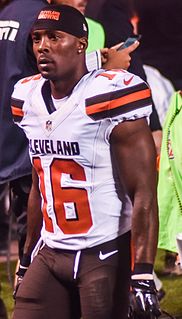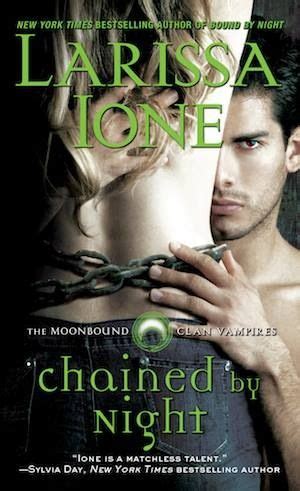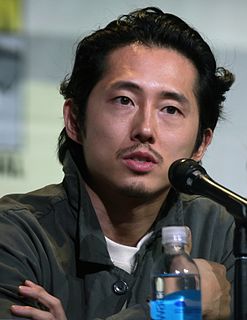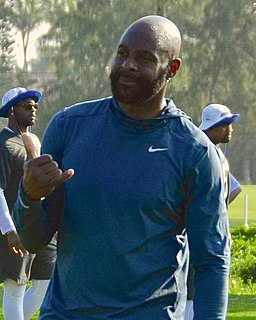A Quote by Elizabeth Wurtzel
I made 'Prozac Nation' necessary reading because I write necessarily. I tell my story because it is about everyone else: in 1993, people took pills to relieve the pain just like they do now, but it scared them; it doesn't any more, because talk is not cheap at all - it is tender.
Related Quotes
I write because I have an innate need to. I write because I can't do normal work. I write because I want to read books like the ones I write. I write because I am angry at everyone. I write because I love sitting in a room all day writing. I write because I can partake of real life only by changing it.
It's not hard for me to be honest with my fans because that's what I set out to do from the beginning - I've based my entire career off of just trying to do that for them - but I always kind of forget that my real life friends can hear my music and they can watch my interviews if they want and that's when I get kind of like- "oh..." - I don't necessarily sit down and talk to my friends about all the things that I write my music about, because it's easier for me to write music than to sit and talk to my friends about it sometimes- it's almost like writing in a diary.
One of the things that I was kind of holding on to from 'The Daily Show' was there was an exhaustion that I would feel because we just kind of got caught up in the news cycle. You tell a story, and that's an interesting story, and then the next day we have to drop it and talk about something else. That's so unfair to the story and the people.
If you're tweeting - and this is what I tell the young athletes who come to me about these situations, because I've been through them and I've seen both sides of it - if you're tweeting just because everyone else is tweeting and you're not uncomfortable, if it doesn't feel like a sacrifice - like when I wore that T-shirt it was a sacrifice.
Is there a reason there's not a tampon dispenser in the West Wing basement?" And it was like, "No." Nobody had really just ever thought about putting it there. It's an important story to tell because, well, it was important to do because we needed them, but I think that it's more, like, you should always ask questions.
Vera said: 'Why do you feel you have to turn everything into a story?' So I told her why: Because if I tell the story, I control the version. Because if I tell the story, I can make you laugh, and I would rather have you laugh at me than feel sorry for me. Because if I tell the story, it doesn't hurt as much. Because if I tell the story, I can get on with it.
One of my patients told me that when she tried to tell her story people often interrupted her to tell her that they once had something just like that happen to them. Subtly her pain became a story about themselves. Eventually she stopped talking to most people. It was just too lonely. We connect through listening. When we interrupt what someone is saying to let them know that we understand, we move the focus of attention to ourselves. When we listen, they know we care. Many people with cancer talk about the relief of having someone just listen.
We have seen some of the greatest athletes fall because they have tried to take shortcuts. I'm not going to call any names but we talk about guys that was like at the top of their game that people just idolized. They looked in awe and all of a sudden you see them just come tumbling down because they want to take shortcuts. I think it's more rewarding when you do it the old fashioned way.






































